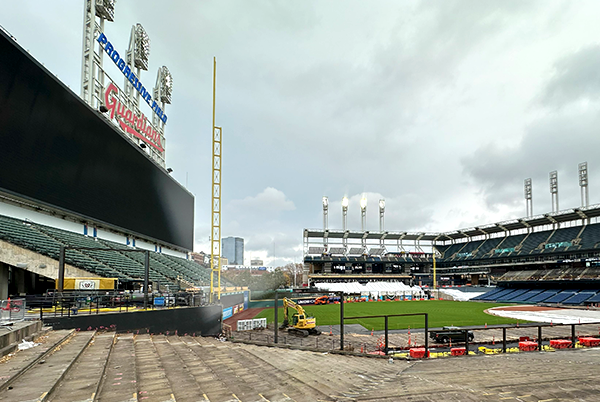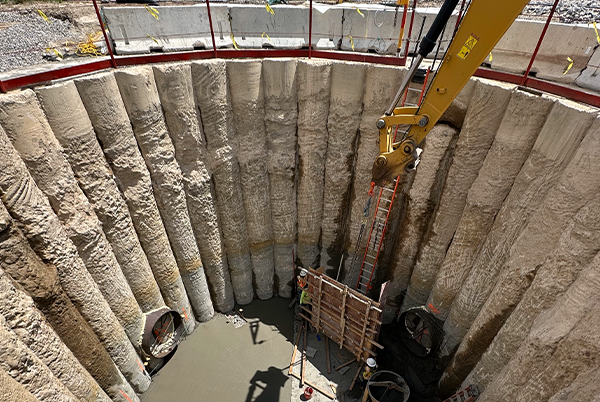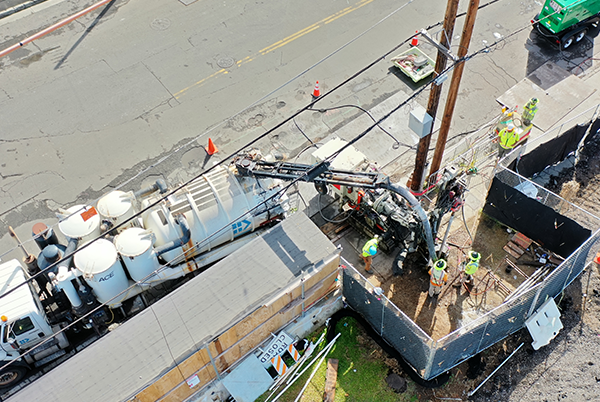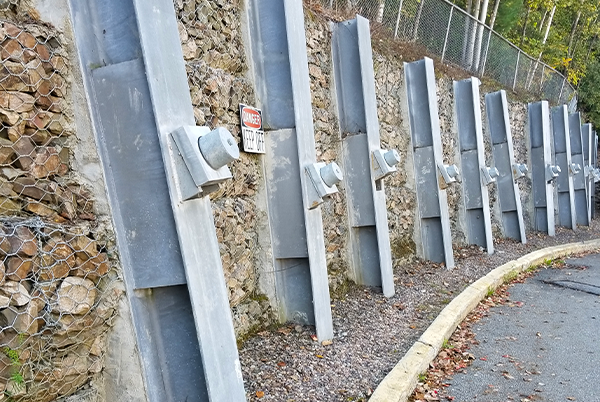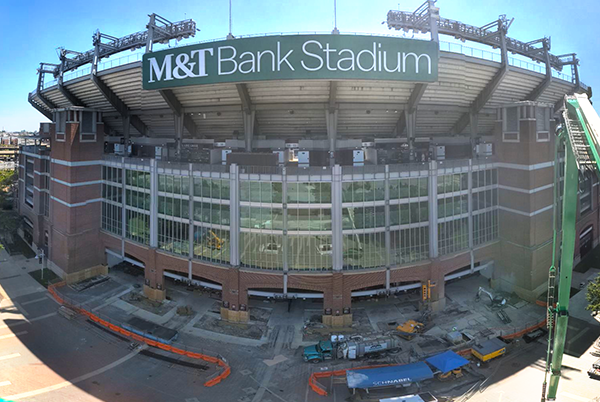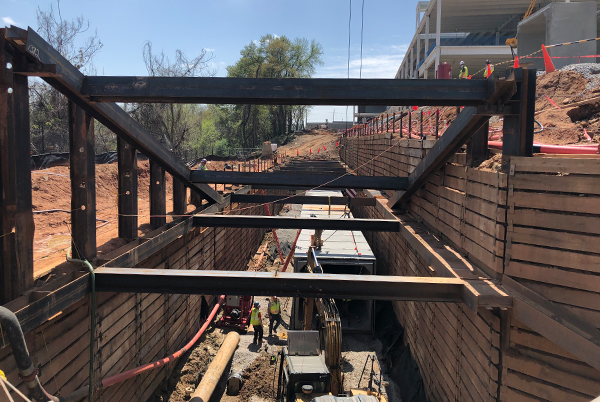Sustainability at Schnabel
OUR COMMITMENT TO SUSTAINABILITY
At Schnabel, we understand the impact our construction projects have on the environment and the opportunity we have to protect it.
Since we perform most of our work as a design-build contractor, we have the opportunity to take action to reduce our carbon footprint by operating with greater efficiency.
Our continued success relies on the buy-in of our entire team to embrace sustainability by incorporating the most cost-effective designs, where nothing is wasted, and using the healthiest building materials that the budget allows.
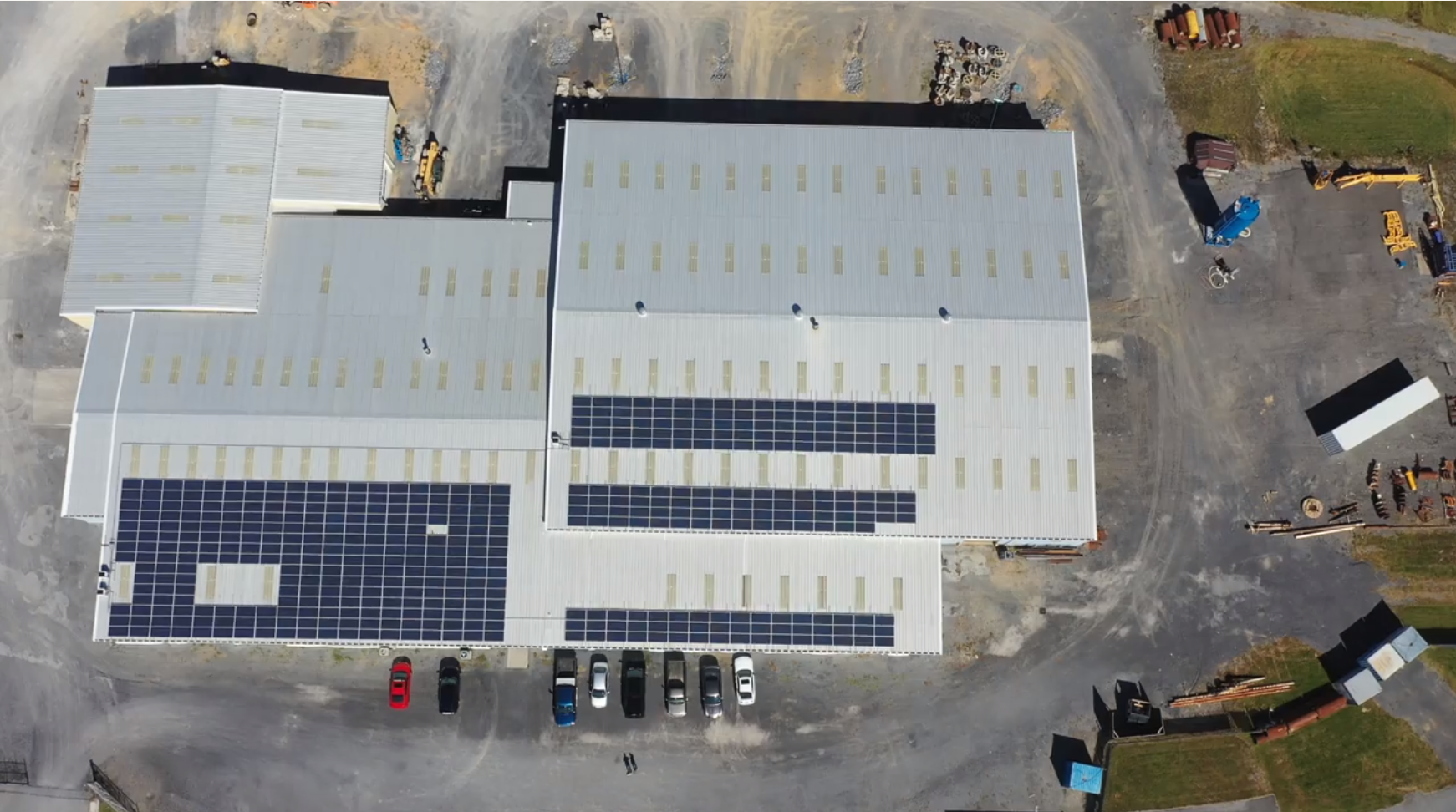
We recognize that the construction industry must change to minimize our impact on the environment.
Our Sustainability Initiatives
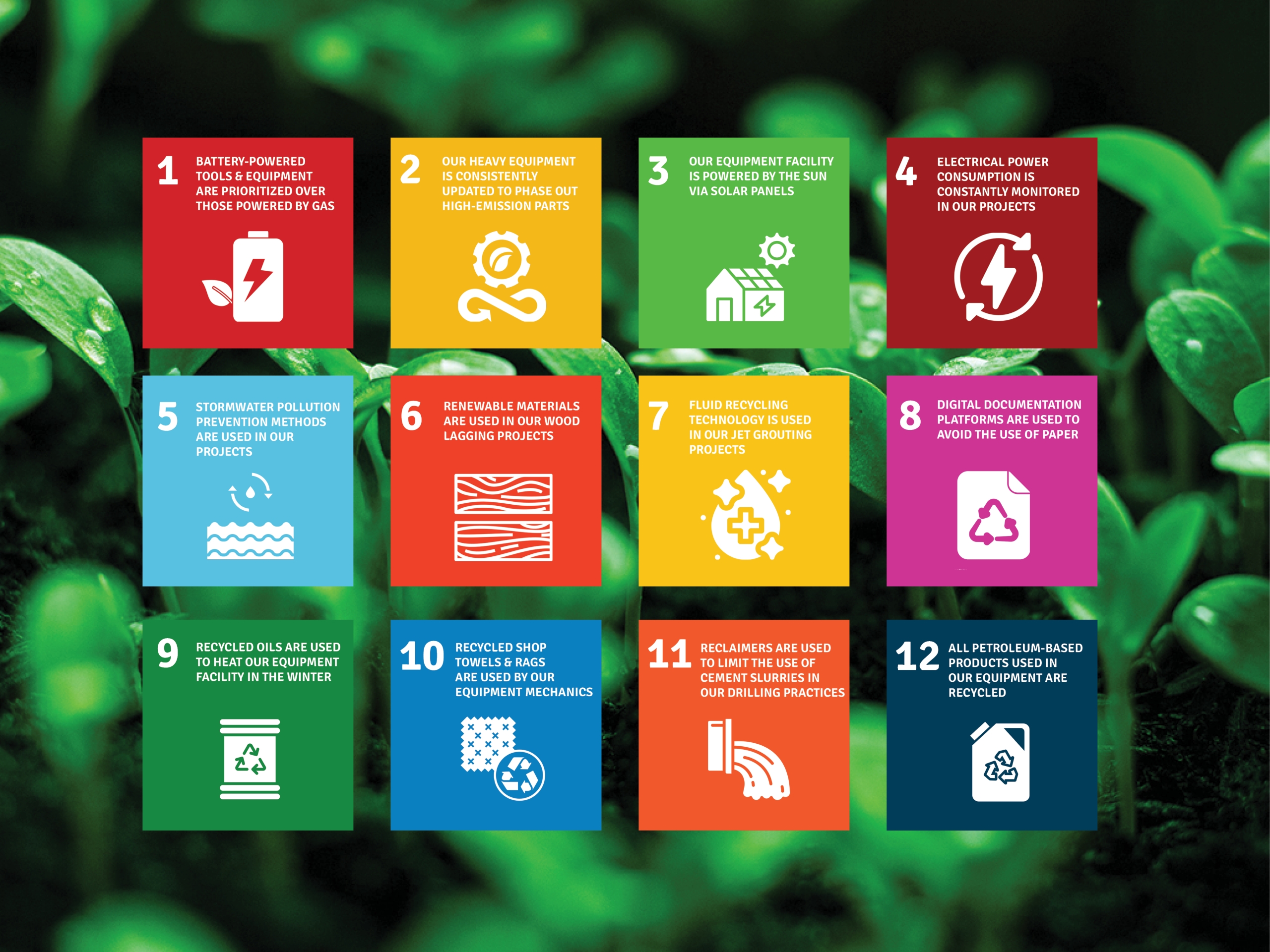
- Electric Tools & Equipment: Battery-powered tools and equipment are prioritized over those powered by gas. These tools help us to reduce carbon emissions and fuel spills. The use of battery-powered equipment is also safer and more efficient than conventional electric equipment as we do not have to run power cords all over the site.
- Reduced Carbon Emissions: Our heavy equipment is consistently updated to phase out parts that emit high emissions. For instance, older engines are replaced with (Tier IV) engines, which are more fuel-efficient and produce fewer emissions. Furthermore, diesel fuel for our heavy equipment is filtered through high-efficiency particulate filters to remove contaminants and ensure that our engines run at peak efficiency.
- Solar Energy: Our primary equipment facility in Strasburg, Virginia is 100% powered by the sun via solar panel arrays on the roof.
- Spill Response: Comprehensive spill response plans are followed to address spills. These plans aim to isolate the discharged material and prevent it from entering other areas within the proximity of the spill. Furthermore, Spill response kits are provided to team members which contain
materials designed to mitigate and clean all types of spills. - Stormwater Pollution Prevention: Stormwater pollution prevention methods using stilt fencing and hay bales are used on projects located near open areas of water such as streams and rivers.
- Sustainable Materials: The wood materials used in our wood lagging projects are renewable sources that don’t harm the environment. Additionally, we comply with all “LEED” certified sustainable materials proposed by general contractors.
- Emphasis on Recycling: Our equipment facility shop is heated during the winter with recycled oil and lubricants drained from our equipment. Furthermore, 100% of the petroleum-based products that are utilized in the daily maintenance of our equipment are recycled, and all the shop towels and rags used by our mechanics are produced with recycled cotton and flannel materials.
- Recycling Technology: For jet grouting projects, we utilize fluid recycling technology that minimizes the amount of Portland Cement we use.
- Waste Prevention: Meticulous material planning is done at the start of our projects to minimize the amount of waste produced. Example of our waste prevention actions include constantly monitoring the field power on our projects to prevent the flow of electrical power from equipment that is not in service and using digital documentation platforms to avoid the use of paper.
